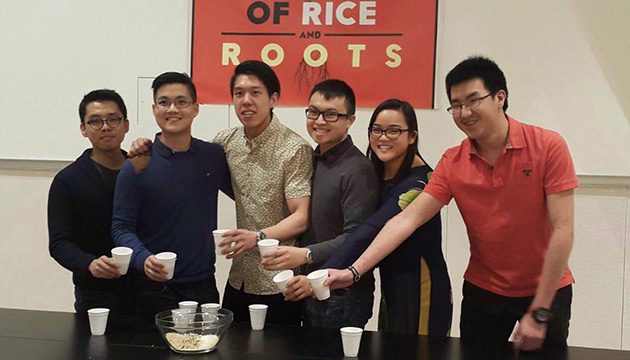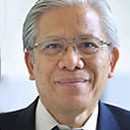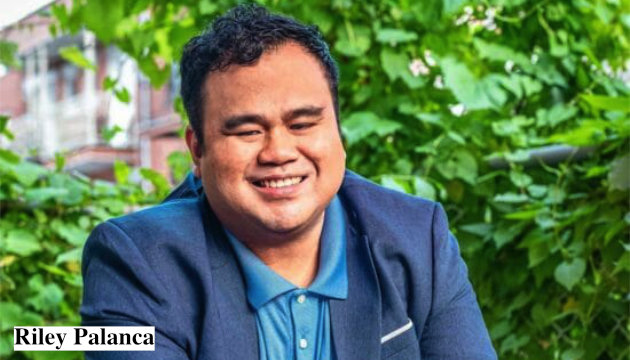Among Filipinos in Canada today, there are two distinct groups that will eventually become the face of Canadian Filipinos of the future:
Filipinos who arrived young in Canada with their immigrant parents and grew up here (1.5 generation), and those who were born and raised in Canada to Filipino parents (second generation).
These young Filipinos are different from each other in the ways they shape their lives as they grow from youth to adults, finish their education, find employment, pursue careers and start families of their own. Together, this demographic, because of its number, will define the roles that Filipinos will play in Canada’s diverse society of today.
From our ongoing study of Filipinos in Canada, started in 1969, we find that most 1.5 generation Filipinos agonize about their racial identity, ignorance of Philippine culture and mother tongue; they suffer difficulties with their sense of belonging and feelings of anxiety about their future in a place they cannot truly call their own. Some of them may suffer from insecurity, isolation and rootlessness due to loss of ethnic identity and culture. Some may even encounter their parents’ initial difficulties with racism. However, despite the fact that they do not blindly cling to indigenous Philippine cultural traits and find problems integrating into a new and different culture, they are able to create an identity of their own based on their own particular experiences.
Second generation Canadian Filipinos, however, have the advantage of being born in Canada and growing up in a multicultural society. Most of them are equipped with better social and communication skills that provide them with more educational opportunities. They do not worry much about their cultural identity, because they create their own identity with a combination of Philippine culture they inherit from their parents, the Canadian culture they are growing up in, and the influence of peers they are growing up with. Their identity comes from their own personal skills, traits and values, rather than from the collective traits of Filipinos back home as a whole or the particularistic Filipino community abroad to which they may belong.
An upbringing in a multicultural society has many advantages for second generation Canadian Filipinos: proficiency in multiple languages and ability to communicate across cultures based on intercultural sensitivity, open-mindedness, cross-cultural understanding, empathy and tolerance. Their appreciation of other cultures starts early in life. This group of second generation Filipinos tend to be highly educated (with at least a bachelor’s degree), living in big cities and interested in international affairs. They have strong organizational and leadership skills. They may pursue careers in the arts, education, health services, human service fields, international relations, law, media and technology or self-employment. Their sense of adventure makes an international career attractive. They may live as expatriates in foreign postings and add a third culture to their upbringing. They tend to be bilingual and have many friends across cultures because they are sociable and develop strong bonds based on personal relationships and not on countries of origin. In fact, they socialize more with people outside their ethnic group at work and at play.
According to a Statistics Canada study in 2006, about one-third (33 percent) of couples involving a Filipino were married or living common-law outside their ethnic group. Both 1.5 and second generation Filipinos tend to intermarry and produce beautiful multiracial children. In the Philippines and in Filipino communities abroad, their children would be called mestizos or mixed races and regarded as beautiful because they are fair-skinned, taller than the average Filipino and have somewhat non-Filipino features. They have physical characteristics that most Filipinos aspire to and admire in celebrities like movie stars and beauty queens. Some may consider this a sad commentary on Filipino values, but it is simply the result of the influence of other cultures on them just as they influence other cultures themselves. Even in Canada, these children of mixed marriages stand out because they looked naturally tanned, have thick wavy hair, dark brown eyes and full lips that are quick to smile.
In today’s multicultural Canada where there is no one dominant culture to dictate social norms for minorities to follow, the ability of second generation Filipinos to blend in and adapt make it easy for them to succeed in their chosen careers. Their lives are enriched by meaningful relationships with others and a wider worldview that goes beyond Canada and the Philippines. They are at home wherever in the world they may be as long as they are able to pursue their dreams, treasure their memories and live their values and beliefs as free and independent individuals. They are the true global citizens of the future.














